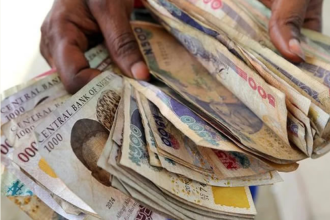In a recent statement, former Ekiti State Governor Ayodele Fayose reflected on the events of October 2006, when he was impeached by the Ekiti State House of Assembly amid allegations of corruption. Following the impeachment, President Olusegun Obasanjo declared a state of emergency in the state, suspending the governor, his deputy, and the state legislature, and appointed Brigadier General Tunji Olurin (rtd.) as the sole administrator for six months .
Fayose has consistently maintained that his removal was politically motivated and lacked constitutional backing. He argues that the president does not possess the constitutional power to remove a sitting governor, stating that such authority lies solely with the state legislature through a due impeachment process as outlined in Section 188 of the Nigerian Constitution .….CONTINUE READING
The 2006 crisis in Ekiti State was marked by a controversial impeachment process, with 24 out of 26 legislators initiating proceedings against Fayose after investigations by the Economic and Financial Crimes Commission (EFCC). The situation escalated when the legislators sacked the state’s Chief Judge, Justice Kayode Bamisile, for allegedly favoring Fayose, and appointed an acting chief judge who facilitated the impeachment .
In subsequent legal interpretations, the Supreme Court addressed the constitutionality of such emergency declarations and suspensions. In the case of Plateau State Governor Joshua Dariye, who faced a similar situation, the court ruled that while the president can declare a state of emergency under Section 305, this power does not extend to suspending elected officials .
Fayose’s recent remarks underscore ongoing debates about the limits of presidential powers in Nigeria’s federal system and the importance of adhering to constitutional provisions to uphold democratic governance.CONTINUE READING






